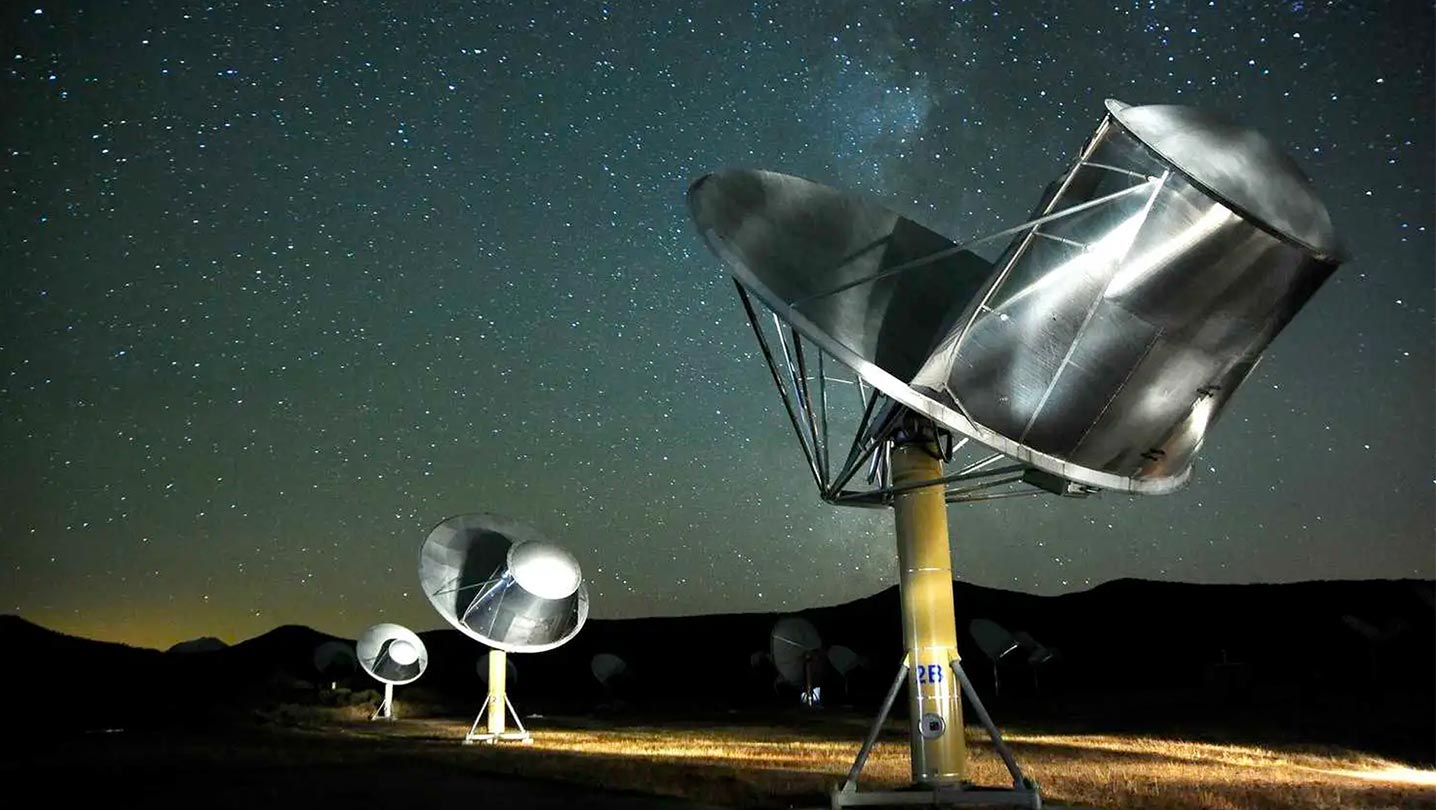
Ep. 612: Update: SETI, METI (and WETI)
Last week we talked about the various ways that astronomers could detect the presence of intelligent civilizations by observing technosignatures. This week we’ll give you an update on the state of searching for extraterrestrials. This field has gone from a collection of pariahs to a completely legitimate field of research. What’s changed?
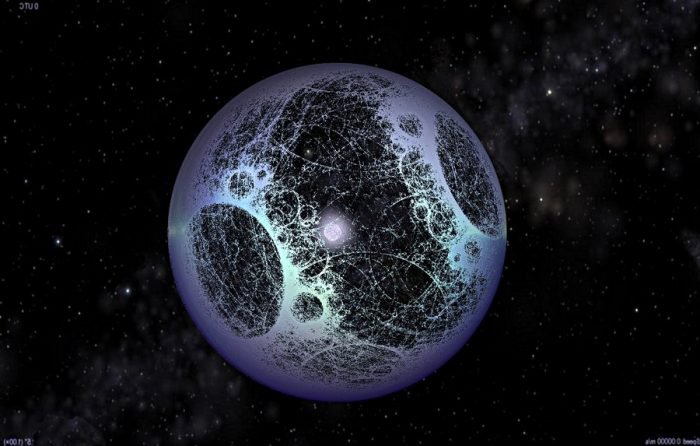
Ep. 611: What is Required to Confirm Alien Life: Intelligence Edition
Last week we talked about what it’s going to take to confirm basic biological life across the Solar System and the Milky Way. This week, we’ll discuss what it’s going to take to detect intelligent life out there in space.
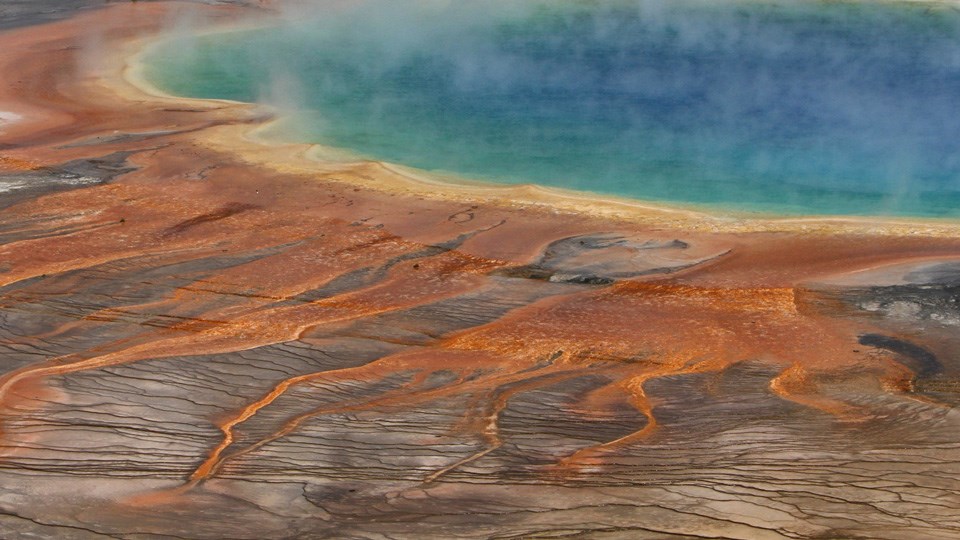
Ep. 610: What is Required to Confirm Alien Life: Non-sentient Edition
Are we alone in the Universe? It’s one of the biggest scientific questions we can possibly ask. And yet, with rovers on Mars, missions planned to visit Europa and Ganymede. Powerful telescopes able to detect the atmospheres of exoplanets, we’re closer than ever to finding out the answer.
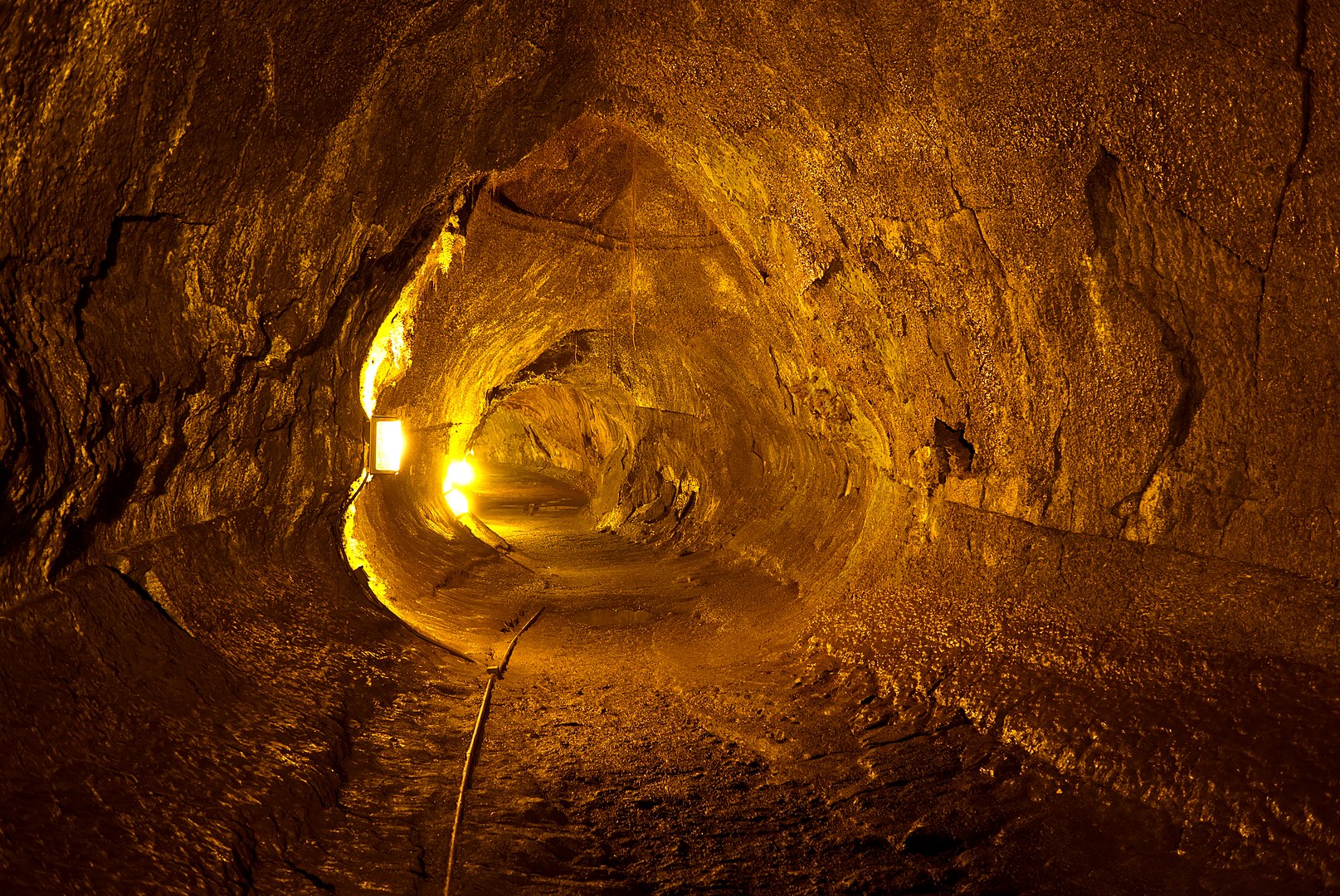
Ep. 609: The Benefits of Volcanoes
Volcanoes can be some of the worst natural disasters we can experience here on Earth, but life wouldn’t even exist without them. What are volcanoes good for anyway?
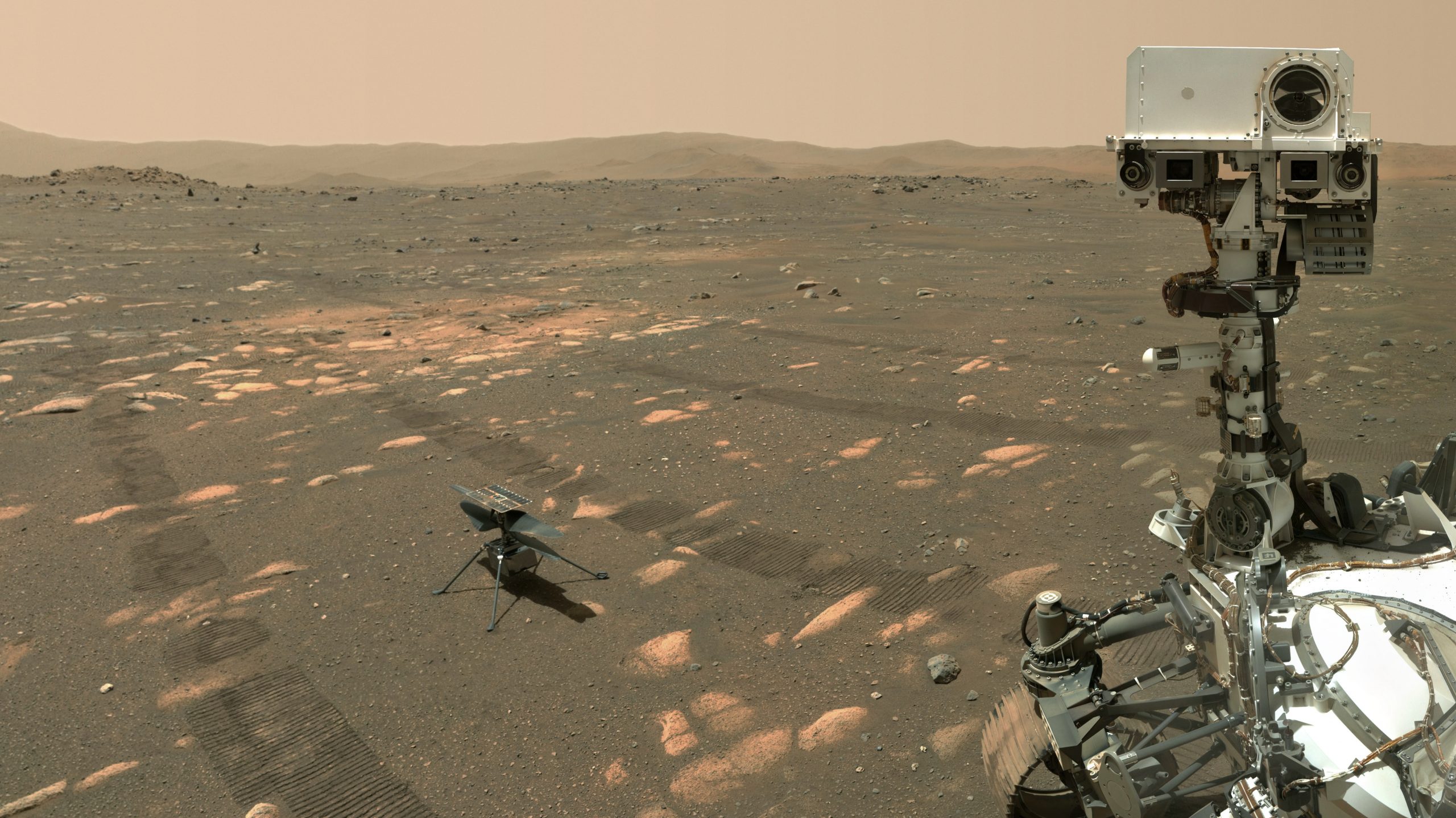
Ep. 608: NASA Perseverance – The First 100 Days
As you all know, Pamela refuses to talk about any missions which aren’t actually doing science. Well, Perseverance has crossed the line, from fantasy to an actual working rover, scooping regolith and yeeting helicopters. What has the rover accomplished in its first 100 days?
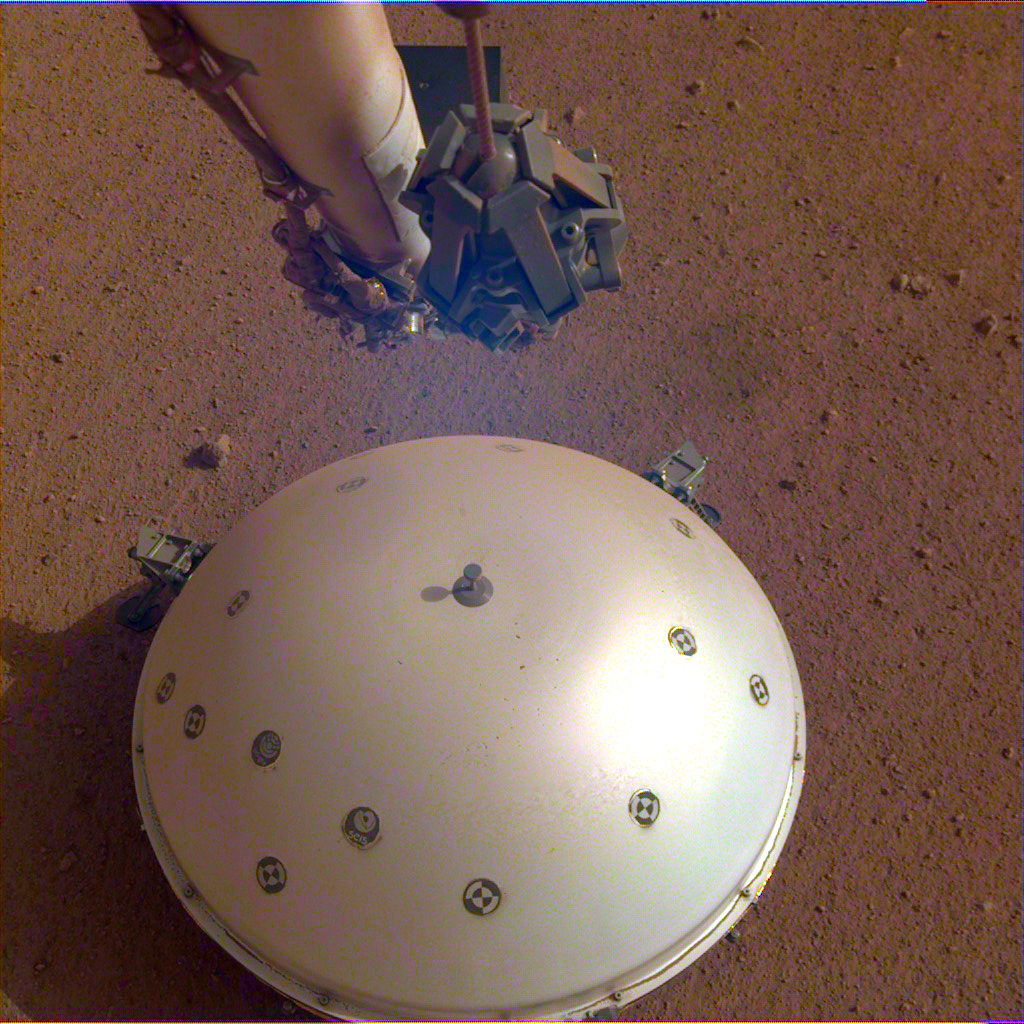
Ep. 607: InSight and Marsquakes
Mars is cold and dead today, but the massive volcanoes tell us what the planet used to be like, millions and even billions of years ago. But how volcanically active is the planet today? That’s what NASA’s Mars InSight lander is there to figure out.

Ep. 606: Time Dilation – Skipping Through Time
Have you ever wanted to be a time traveler? Good news! You’re time traveling right now. Into the future at one second per second. Too long? Don’t want to wait? Good news, Einstein’s got you covered. Today, let’s talk about the weird world of time dilation.
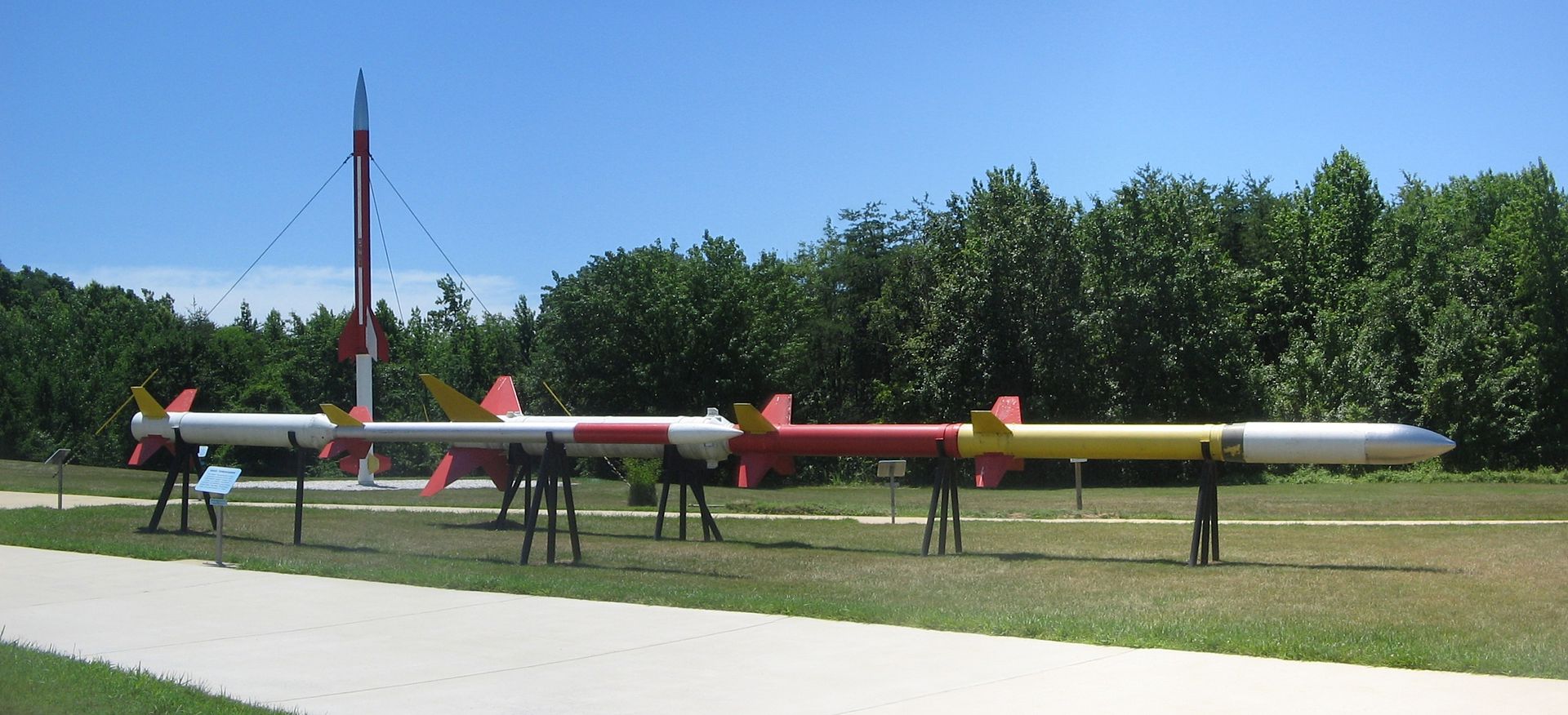
Ep. 605: Sounding Rockets
Last week we talked about balloon-based astronomy. This week we’re going to talk about putting balloons on rockets and making observations mid-flight. Welcome to the world of sounding rockets.
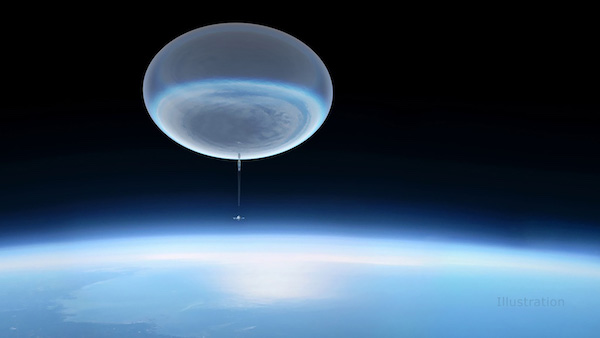
Ep. 604: Balloon Astronomy
When you think about the world’s observatories, I’m sure you’re imagining huge telescopes perched atop mountain peaks, or space telescopes like Hubble. But you might be surprised to learn that some telescopes are carried high into the atmosphere on board balloons. What can they accomplish?
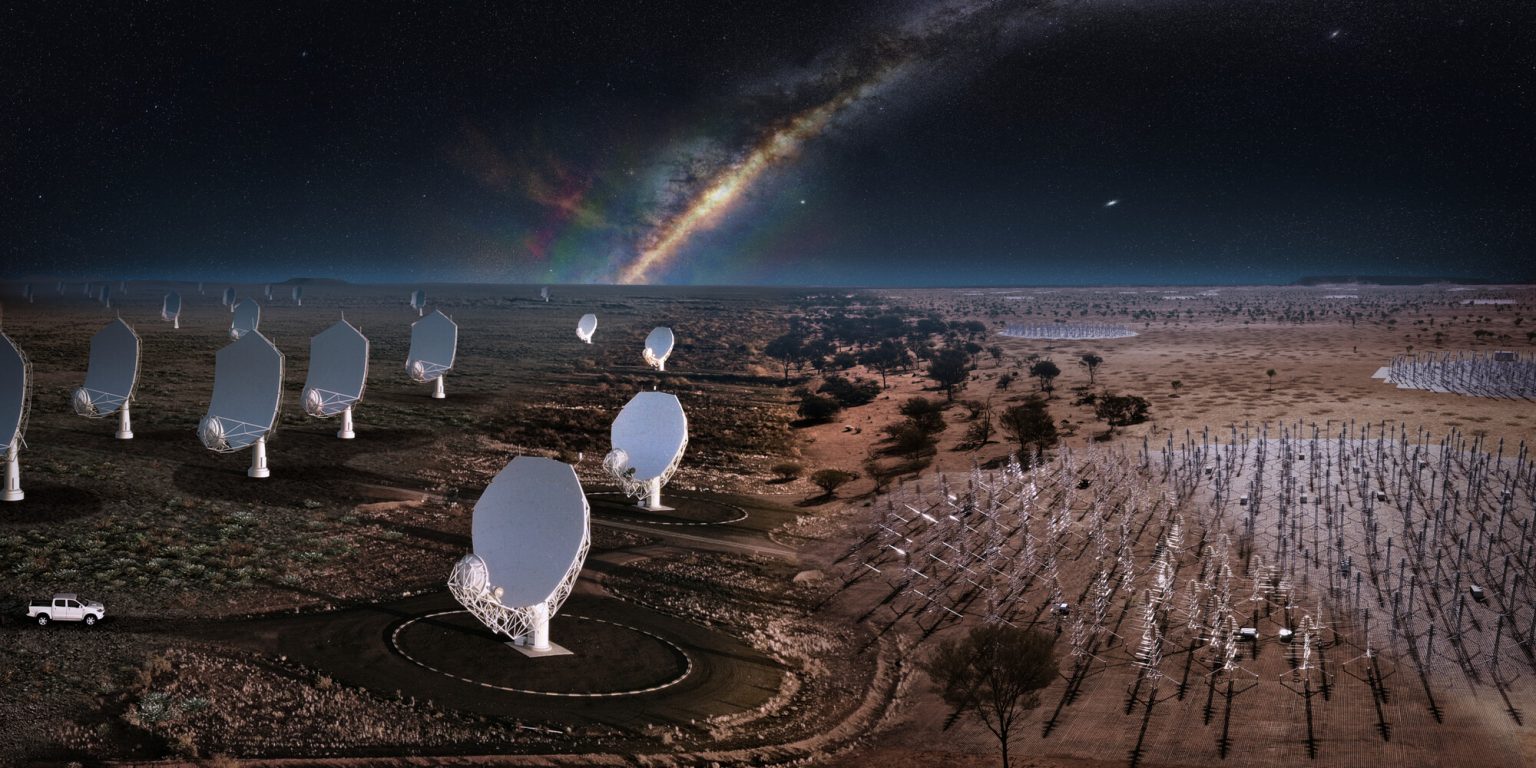
Ep. 603: The New Colors of Radio – Getting Longer
Last week we talked about how new telescopes and techniques are allowing astronomers to explore the shortest wavelengths of light. This week, we go to the other end of the electromagnetic spectrum, and explore the longer radio waves which are now accessible to astronomers.
